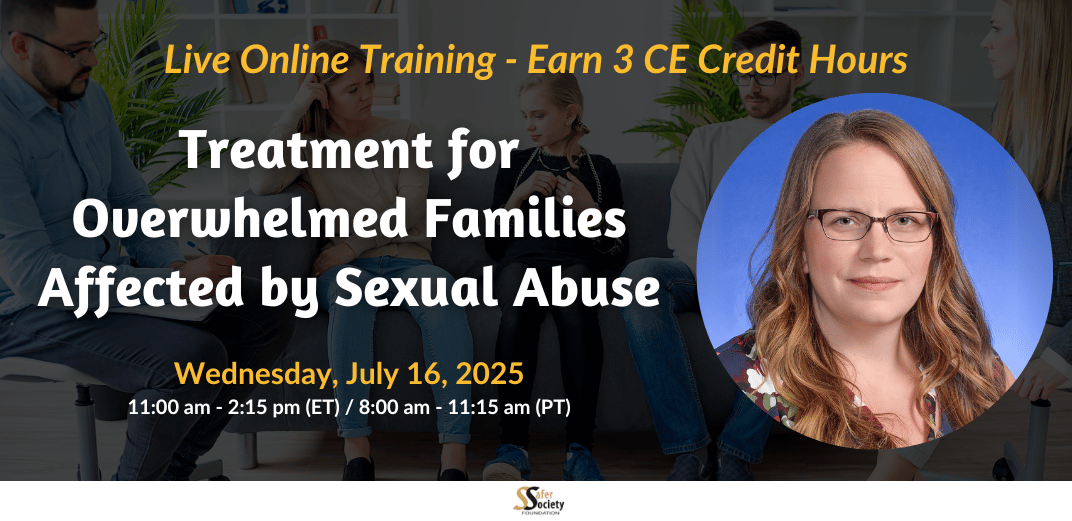Ethical Considerations in Working with People with Trauma and Adversity
A surge in research in the past two decades has revealed that the effects of early life adversity and other forms of trauma across all age groups, including those involved in the criminal justice system, is a complex landscape in need of better understanding by treatment providers. A growing body of evidence highlights a potential disconnect between therapists' intentions to provide trauma-informed care and clients' experiences in treatment. Concepts such as "post-conviction traumatic stress," introduced by Danielle Harris and Jill Levenson, underscores the challenges faced by both practitioners and clients.











